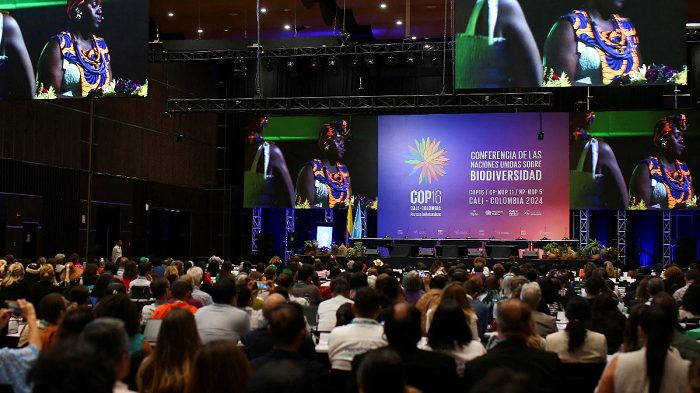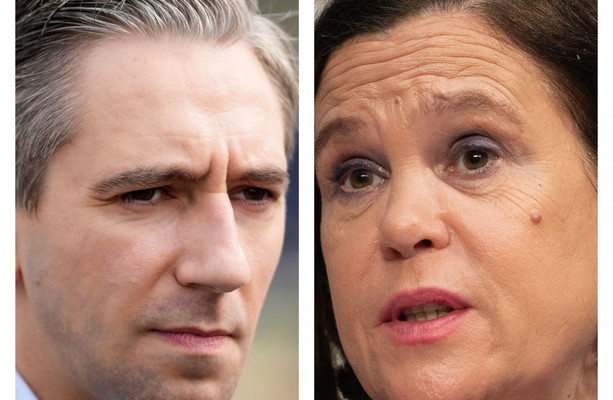COP16: Indigenous Rights in Global Biodiversity Plan
As the 16th Conference of the Parties (COP16) draws to a close in Cali, Colombia, UN negotiators have begun to recognize the crucial roles Indigenous Peoples and local communities play in biodiversity conservation. However, Indigenous leaders from some of the world’s most biodiverse nations responded cautiously to the announcement, describing it as a mere acknowledgment of their significant contributions rather than a substantive commitment to their demands.
Recognition of Indigenous Contributions
The COP16 conference, which gathers delegates to shape international biodiversity policies, concluded with negotiators agreeing to a preliminary program of work related to Indigenous Peoples and local communities. Sadly, the delegates did not agree to establish a subsidiary body that would empower these communities to directly influence the implementation of the ambitious Kunming-Montreal Global Biodiversity Framework.
Joseph Itongwa, Coordinator of the Network of Indigenous Peoples and Local Communities for the Sustainable Management of Forest Ecosystems (REPALEF) from the Democratic Republic of Congo, articulated this sentiment succinctly: "We welcome this first step in recognition of our role in protecting most of what remains of biodiversity, but there is still much work to be done before we have a level playing field. We need the subsidiary body to be approved now, before we leave Cali. There is no time to lose."
According to sources, the decision regarding the subsidiary body’s approval is set to be announced later today, marking the final hours of the conference.
Call for Voice and Action
Throughout COP16, support for Indigenous rights gained traction among scientists, UN officials, and over 16 national governments, all advocating for a formal body to enhance Indigenous representation within the framework of the Convention on Biological Diversity (CBD). UN Secretary-General Antonio Guterres underscored this during a press briefing, labeling Indigenous peoples as "guardians of our nature." He highlighted that their traditional knowledge can provide pivotal insights for biodiversity conservation, yet these communities often face marginalization or violence.
Guterres urged the establishment of a subsidiary body to ensure Indigenous voices are integrated into policy-making processes: "Peace with nature means peace for those who protect it."
The Science Behind Indigenous Lands
Indigenous leaders during the conference referenced evidential studies illustrating that Indigenous and local communities are key stakeholders in addressing pressing global issues, including climate change and biodiversity loss. Cristiane Julião, a leader from the Pankararu people in Brazil, cautioned, "If our rights are not strongly defended in every relevant target of the biodiversity framework, our people will be kicked off our lands to benefit powerful interests."
Notably, UN climate scientists have documented the displacement risk faced by Indigenous communities amid investments to reduce climate emissions. "There can be no funding to promote so-called green solutions if they do not respect our rights," remarked Dinamam Tuxá, a lawyer representing the Tuxá Peoples of Brazil. He cited personal experiences of displacement linked to environmental projects.
Upholding Traditional Knowledge
Another pressing concern raised by Indigenous leaders at COP16 pertains to digital sequence information (DSI) linked to traditional knowledge. Indigenous communities voiced their demand for fair and equitable benefits from the sharing of their knowledge, expressing that the emphasis must extend beyond monetary compensation.
Indigenous leaders such as Julião noted, "Regardless of the form those biodiverse genetic resources take, however science transforms them, there must be recognition that they came originally from uses guided by spiritual forces that science cannot explain."
A Call for Inclusive Decision-Making
A study commissioned by the High Ambition Coalition suggested expanding protected areas to cover 30% of the planet by 2030 would necessitate recognizing Indigenous lands substantially. The study concluded that communities with rights and knowledge must be integrally involved in decisions concerning these lands, rooted in the principle of Free, Prior, Informed Consent.
However, current negotiations do not reflect this ethos. "There is currently no indicator for Indigenous territories and for ensuring our land rights and free, prior, and informed consent," stated Oswaldo Muca Castillo from OPIAC, representing the Indigenous Peoples of the Colombian Amazon. "You can’t talk about us and then leave our role and our rights out of the text of the agreement."
Elevating Indigenous Rights in Biodiversity Targets
Amid uncertainty surrounding the conference’s outcomes, Indigenous leaders from various regions called on parties to the CBD to ensure that the rights and participation of communities are integral to relevant biodiversity targets. Monica Ndoen, an indigenous leader from East Nusa Tenggara, Indonesia, emphasized, "States cannot achieve the biodiversity goals they have set forth without respecting Indigenous rights."
Research indicates that Indigenous and local communities outperform other managers of carbon-rich ecosystems vital to addressing climate change and biodiversity loss. Kleber Karipuna from the Karipuna people in Brazil stated, "Our communities have lived on these lands and kept them whole."
Bridging Health and Biodiversity
Itongwa further advocated for linking land rights to public health, stating that by protecting forests, Indigenous communities can also contribute to preventing climate change, biodiversity loss, and even potential health crises.
"We are ready to be of service," Itongwa reassured health experts in attendance. "Science says we are the best at protecting forests, which allows us to prevent climate change and biodiversity loss."
As COP16 concludes, the call for a direct platform for Indigenous and local communities remains resonant. The path ahead may still be fraught with challenges; however, empowered representation of these communities stands crucial for achieving global biodiversity goals.
For more information on Indigenous rights and biodiversity actions, visit [our resources page] or explore the official UN Biodiversity website.
We invite you to share your thoughts on the impact of Indigenous leadership in biodiversity conservation. What additional measures should be taken to ensure their voices are at the forefront of these discussions?

